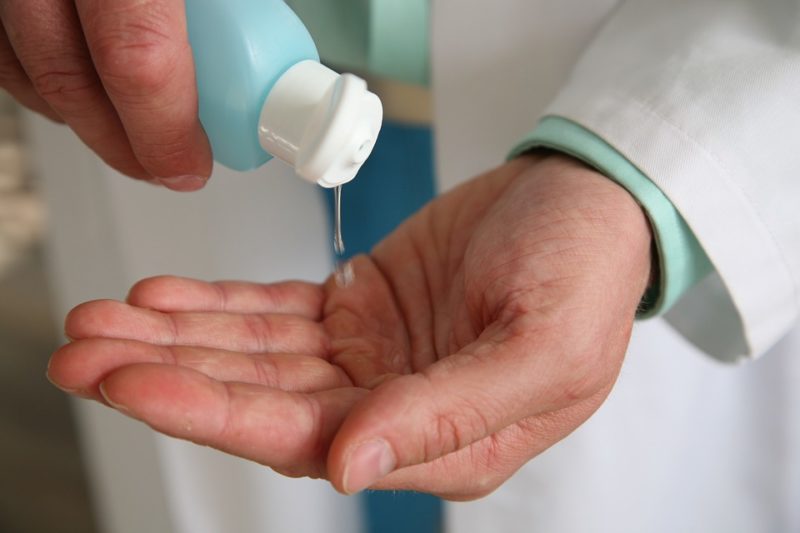Effective Surveillance

Antimicrobial resistance (AMR)
AMR develops when bacteria, fungi or viruses are exposed to antibiotics, antifungals or antivirals. As a result, the antimicrobials become ineffective and infections may persist. In addition, medical interventions including surgery, chemotherapy and stem cell therapy may become impossible.
AMR is considered the biggest global threat of Health and Food Safety.
AMR Insights
For Officers at authorities, ministries, international organisations and NGO’s who wish to prevent the further global spreading of Antimicrobial resistance, AMR Insights offers selected, global information and data, specific education and extensive networking and partnering opportunities.
AMR Insights is for:
- Senior officials and (top) civil servants at national authorities
- Policy Officers at Ministries
- Civil servants at regional authorities
- Senior officials at international organizations
- Senior officials at NGO’s
Latest Topics
-
 27 January 2026
27 January 2026(Un)intended consequences: a social sciences stocktake of a decade of Global Action Plan-inspired antimicrobial governance
The article examines how efforts over the past decade to govern and respond to antimicrobial resistance (AMR) through policy, awareness campaigns and global coordination have sometimes produced unintended effects—including mixed public understanding, behavioural responses that don’t align with stewardship goals, and governance gaps that hinder effective action. It argues that incorporating social science perspectives more […]
Read more... -
 26 January 2026
26 January 2026Colonization with Multidrug-resistant bacteria among children hospitalized abroad—A Study from Finland
International travel, particularly hospitalization abroad, plays a significant role in the global spread of antimicrobial resistance (AMR) among children. In this long-term study (2010–2024) at Helsinki University Hospital, one-third (34.4%) of paediatric patients previously hospitalized abroad were colonized with multidrug-resistant organisms (MDROs). The most frequently detected MDROs were extended-spectrum β-lactamase–producing Enterobacterales (ESBL-PE) and methicillin-resistant Staphylococcus […]
Read more... -
 26 January 2026
26 January 2026Antimicrobial resistance surveillance: lessons learnt from large databases of antimicrobial resistance genes
Ocular infections are becoming increasingly difficult to treat as antimicrobial resistance (AMR) rises globally. Conventional resistance testing captures only a limited fraction of microbial resistance potential. This review highlights the growing role of genomic approaches—particularly whole-genome sequencing combined with large antimicrobial resistance gene (ARG) databases—in predicting phenotypic and multidrug resistance in bacterial ocular pathogens. While […]
Read more...
More news related to Effective surveillance





